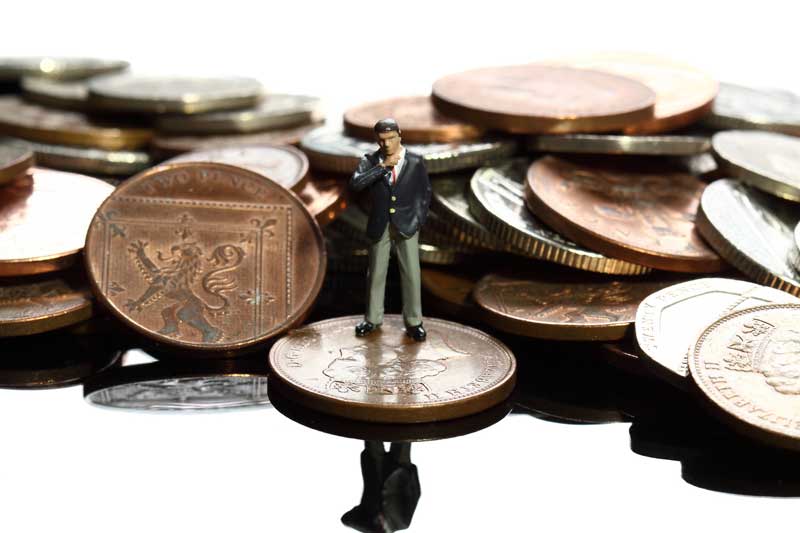29
June 2016
Average Income Grows, But So Does Child Poverty
According to the latest data from the Department for Work and Pensions, average net income in the UK has grown to higher than it was before the crash in 2008.
The figures, which represent the 2014/15 tax year come from the department’s report on Households Below Average Income (HBAI), which also includes data on income inequality and poverty levels.
According to the report, the average income per household before basic housing costs is currently £473 per week, which amounts to just under £24,560 per year. This is the highest level record by the Department for Work and Pensions, beating the previous peak of £469 per week set in 2009/10.
Inequality of income between the rich and the poor, which is measured by the Gini coefficient, is expressed as a percentage (where 0% is absolute equality and 100% means all income goes to just one person), and is at 34% for this latest report.
This has remained broadly unchanged for the last 12 years, bar a small increase to 35% between 2007 and 2012.
Despite this, the report did show that, by one measure, child poverty increased over the past year, with 2% more children now living in poverty than did in 2013/14.
The increase, which the report suggests is “not statistically significant” is in the number of children is “relative low income” households, a measure which is dependent on changes in average income across the country.
The report showed that “the percentages of children in absolute low income and in combine low income and material deprivation…remained unchanged a 17% and 13% respectively.”
However, while the increase in children in ‘relative low income’ is likely largely down to an increase in the average income against which it is measured, this is not the only report that shows it to be increasing.
The Institute of Fiscal Studies reported earlier this year that, based on current projections, child poverty in the UK is likely to increase by 50% by 2020-21.
The chief executive of Child Poverty Action Group, Alison Granham, warned that the HBAI report shows that there is still much work to be done to tackle the problem of child poverty.
She commented on the Conservative government’s recent decision to scrap household income statistics as acting as a measure of child poverty and presenting a legally binding target to be met.
She also warned that the government must not have all of its attention turned away from child poverty and towards Brexit, no matter how pressing the latter may be.
She said: “These grim figures reinforce projections from experts like the Institute for Fiscal Studies and the Resolution Foundation that UK child poverty is set to rise by 50 per cent or more by 2020.
“Our children cannot afford for the Government to be distracted by Brexit and lose control of child poverty.
“A decade ago, when David Cameron became party leader, he promised that under his leadership his party would measure and act on child poverty. It’s a tragedy that we are now talking about rises in child poverty, not falls.
“It’s also hugely depressing that at a time when we’re seeing rising child poverty the Government has passed legislation that eliminates its target to reduce child poverty, or even to report on the progress it is making.
“Child poverty isn’t inevitable – the Government needs to invest in our children so we can all share the rewards of a stronger economy and a fairer society.”
Stephen Crabb, the Work and Pensions Secretary, responded to the figures, saying: "There is of course still more to do and that is why our Life Chances Strategy will look at the root causes of poverty whether that is worklessness, debt or addiction, family breakdown or educational attainment. It is only by doing this that we can truly tackle poverty and ensure everyone succeeds in life."





